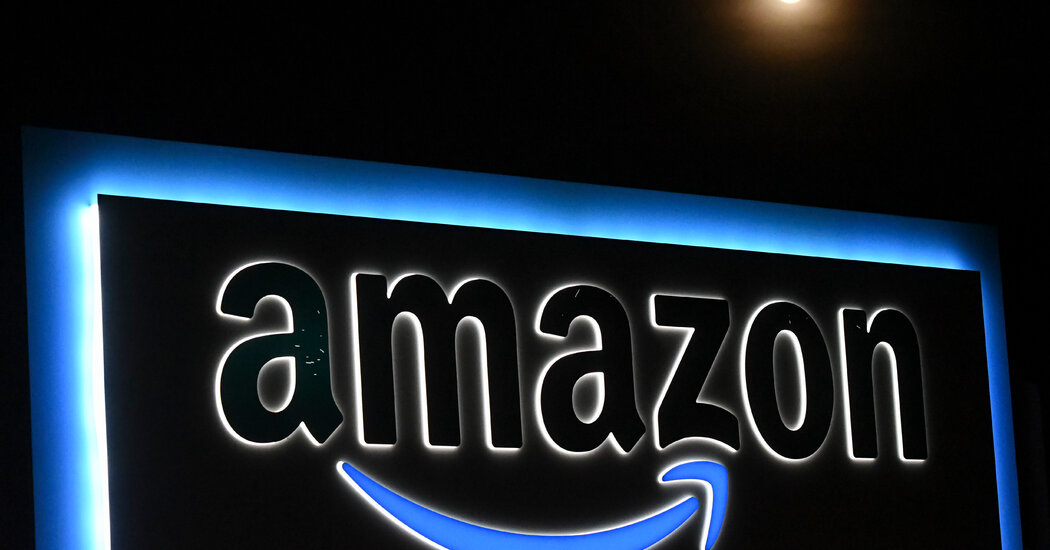Amazon reversed its winter slump and posted strong first-quarter financial results.
Revenue rose 9 percent from a year earlier to $127.4 billion, while net income rose to 31 cents per share from a loss of 38 cents in 2022, the company said Thursday. Both numbers were better than analysts had expected.
“There is a lot of positive about how our teams are delivering to customers, especially in an uncertain economy,” Amazon CEO Andy Jassy said in a statement.
Investors celebrated by pushing the stock up 10 percent in after-hours trading. Analysts had expected earnings of 21 cents per share and revenue of $124.55 billion.
Amazon, like other tech companies, did very well at the beginning of the pandemic when everyone stayed at home, but has had some problems since then. After expanding the retail distribution network to handle an influx of new customers that didn’t stick around, management is pulling back.
Since November, the company has confirmed 27,000 layoffs. Mr. Jassy, who replaced Jeff Bezos as CEO in the summer of 2021, has aggressively cut costs while emphasizing Amazon’s long-term commitment to investing in new ideas.
Amazon shares rose 4 percent on Thursday before the market closed, continuing a recent rally. But the stock has fallen by more than a third since the peak of the pandemic, a problem at a company where equity subsidies make up a significant portion of employee wages.
Expectations for Amazon before reporting were low. In the prior quarter, which included the all-important holiday season, total revenue was only 9 percent higher than a year earlier. That was about half of what Amazon shareholders are used to. As for the profit, it almost evaporated in the October to December quarter.
Amazon’s Big Tech peers reported surprisingly good results this week after a relentless winter of layoffs, weak results and diminished expectations. Facebook’s parent company, Meta, posted a three-quarter loss in revenue and sent its shares up 10 percent. Google’s ad search business performed better than expected, while Microsoft’s cloud computing business helped the company deliver impressive results.
For years, even decades, Amazon chose growth over profit. Making money came second to creating new markets. Sometimes this worked so well that it changed the fundamental nature of the business. The Amazon Web Services division pioneered data storage and grew so fast that its profits have gone a long way toward offsetting Amazon’s meager returns on the retail side.
On the other hand, many small businesses remained small. When to shut them down is a decision Amazon could put off for years, but not anymore. Rising interest rates and unwilling consumers forced his hand.
This week, the company closed its Halo line of health and fitness devices. Amazon has big ambitions in healthcare, but fitness equipment is a crowded market and Halo didn’t break through. Amazon also closed Book Depository in recent days, an online bookseller it bought in 2011 and operated independently from its main bookselling division.
Mr. Jassy emphasized in his annual letter to shareholders this month that change is good. “I am optimistic about our future prospects because I like the way our team is responding to the changes ahead,” he wrote.

